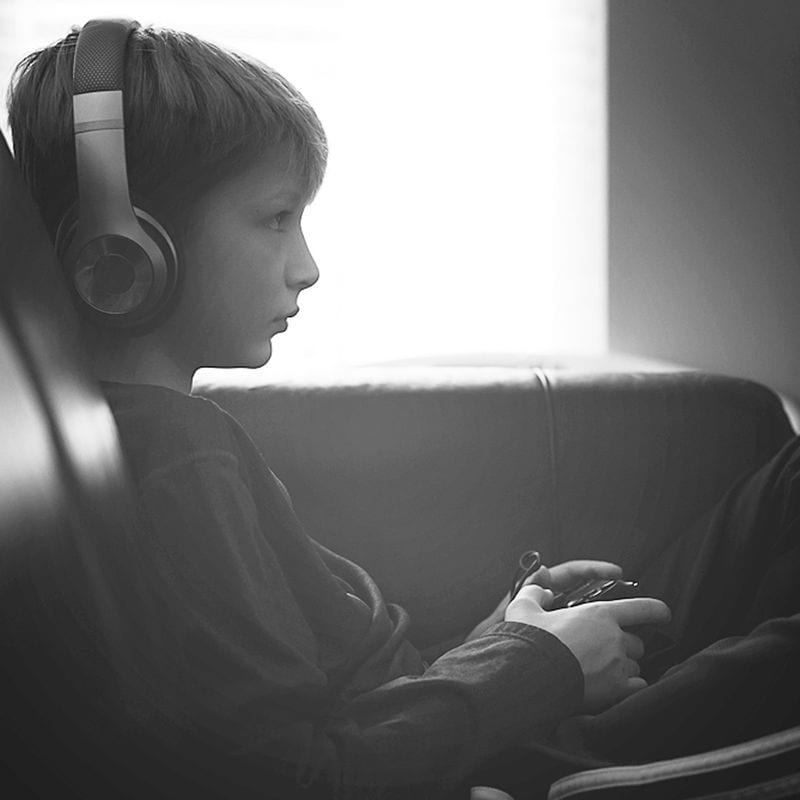Parenting is undoubtedly one of the most challenging yet rewarding roles in life. It’s a journey filled with endless joys and occasional hurdles. However, sometimes the challenges parents face stem from their own actions or inaction. Often, parents lament about their children’s behavior, responsibilities, or habits, not realizing that they might have unintentionally contributed to these issues.
From the toys scattered all over the living room to the refusal to eat veggies, certain complaints are rooted in the patterns and environments parents have established. Here’s a candid exploration of twelve common parental complaints and how they might be more self-inflicted than they appear.
1. Unorganized Toy Chaos

Many parents find themselves overwhelmed by the chaos of toys scattered everywhere. Yet, the problem often starts with how toys are introduced and managed. Kids naturally love to explore, and without clear boundaries or storage solutions, toys end up everywhere.
By implementing structured playtime and involving kids in cleanup routines, parents can create a more organized environment. Designating specific areas for play and encouraging children to put away toys afterward fosters responsibility. In this way, managing toy chaos becomes a shared family effort rather than a daily parental grievance.
2. Picky Eating Habits

Picky eating is a frequent parental complaint, but its roots often lie in early food introductions. Parents might cater to a child’s preferences too much, reinforcing selective eating.
Introducing a wide range of flavors and textures from a young age can help. Modeling healthy eating and involving kids in meal preparation encourages curiosity about food. Gradually exposing children to diverse foods without pressure can broaden their palates and reduce mealtime battles.
Ultimately, patience and consistency are key to transforming picky eaters into adventurous ones.
3. Constant Screen Time

The battle over screen time is a modern parental dilemma. However, rules around digital devices often lack consistency. Parents may use screens as a quick fix, inadvertently nurturing dependency.
Setting clear rules, such as screen-free times and prioritizing outdoor activities, can help. Engaging in screen time together and discussing content also offers opportunities for bonding. Establishing balance ensures technology is a tool, not a crutch, and helps in nurturing healthier digital habits.
Involving children in creating rules can enhance understanding and adherence.
4. Lack of Chores Participation

Parents often bemoan the lack of help with household chores, yet this can stem from not instilling responsibility early on. Assigning age-appropriate chores is crucial.
When children contribute to household responsibilities from a young age, they develop a sense of ownership and accountability. Make chores a regular part of the routine and use positive reinforcement.
Involving kids in decision-making about chores can make them feel valued and more willing to participate, easing the burden on parents.
5. Homework Battles

Homework time can become a battleground if not approached wisely. Parents’ expectations might not align with realistic goals or children’s learning styles.
Creating a consistent homework routine and providing a quiet, organized space can help children focus. Offering guidance rather than doing the work fosters independence. Communication with teachers can also provide insights into how to support learning effectively.
By facilitating a positive homework environment, parents can transform stressful evenings into productive ones.
6. Poor Sleep Routines

Troubled sleep patterns can be a source of frustration, often rooted in inconsistent bedtime routines. Parents may inadvertently allow late nights or irregular schedules.
Establishing a calm, predictable bedtime routine aids better sleep. Reducing screen time before bed and creating a soothing environment encourages restfulness.
Consistency is key; sticking to a schedule, even on weekends, helps children understand expectations and adjust their internal clocks accordingly. This approach minimizes nighttime struggles and enhances overall family well-being.
7. Messy Rooms

The state of a child’s room often reflects habits established at home. If parents clean up after their kids, they might inadvertently teach that responsibility can be sidestepped.
Encouraging children to tidy their spaces instills a sense of responsibility and ownership. Setting clear expectations and offering organizational tools can make the process easier.
Parents should model organization themselves, showing that maintaining a clean space is a shared family value. This promotes an environment of mutual respect and cooperation.
8. Disrespectful Attitudes

Disrespect can be a significant concern for parents, often exacerbated by how communication patterns are established at home. If children witness disrespect, they may mimic it.
Fostering an environment of open, respectful dialogue and setting clear boundaries is crucial. Parents should model respectful behavior and address issues calmly and constructively.
Teaching conflict resolution skills and emphasizing empathy can help children understand the impact of their words and actions, paving the way for more respectful interactions.
9. Sibling Rivalry

Sibling rivalry is a common household issue, often fueled by parental comparisons or unequal attention. Children can sense favoritism, which may intensify competition.
Promoting teamwork and celebrating each child’s unique strengths can mitigate rivalry. Encouraging cooperative play and ensuring one-on-one time with each child helps.
By fostering a family culture of support and appreciation, parents can transform rivalry into camaraderie, creating a harmonious home environment.
10. Dependence on Parents

Parental complaints about children’s dependency often arise from overprotectiveness. Shielding children from challenges can limit their growth.
Allowing kids to face age-appropriate challenges and solve problems independently fosters resilience. Encouraging decision-making and offering support when needed helps children build confidence.
Gradually loosening the reins while providing guidance enables children to navigate the world more independently, easing dependence issues over time.
11. Uncontrolled Tantrums

Tantrums are a natural part of child development, but how parents respond can either exacerbate or mitigate them. Giving in to demands during a tantrum reinforces the behavior.
Staying calm and acknowledging feelings without yielding can help. Teaching emotional regulation and offering choices empowers children to express themselves constructively.
Consistency in response helps children understand acceptable behavior, reducing tantrum frequency and intensity over time.
12. Lack of Independence

Parents often express frustration over their children’s lack of independence, frequently stemming from doing too much for them. This can hinder skill development.
Encouraging children to tackle tasks themselves, from dressing to decision-making, fosters independence. Offering guidance and praise for effort, not just results, builds confidence.
Gradually increasing responsibility as children grow teaches self-reliance, creating capable and independent individuals.

Well, hello there!
My name is Jennifer. Besides being an orthodontist, I am a mother to 3 playful boys. In this motherhood journey, I can say I will never know everything. That’s why I always strive to read a lot, and that’s why I started writing about all the smithereens I came across so that you can have everything in one place! Enjoy and stay positive; you’ve got this!

